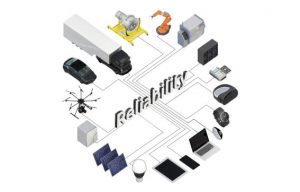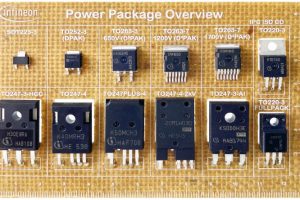
Called Intelligent Reliability 4.0 (iRel40), it is coordinated by Infineon and has 75 science and industry partners from 13 countries.
“Enhancing electronics performance through miniaturisation and integrating more and more functions is progressing steadily,” said Infineon CEO Reinhard Ploss. “Performance and complexity are increasing, as the costs per function go down. Powerful electronics form the basis for technologies such as electro-mobility, autonomous driving and renewable energies. However, they will only be successful if users can depend on reliable functionality, quality and lifetime. Reliability is a key differentiating factor in international competition.”
The quality of wafer, chip, package, PCB and final application will be under scrutiny, using material research and failure analysis, including modelling, simulation and artificial intelligence.
There are a number of work packages in the project, dealing with aspects such as: requirements, theoretical principles, materials, test methods and pilot applications, with Infineon contributing chip and packaging knowledge.
According to the project: “In WP1 specifications and requirements are studied. WP2 and WP3 will work out the basics on modelling, simulation, materials and interfaces based on test vehicles. In WP4 we apply the gained knowledge to industrial pilots with focus on volume production. In WP5 we apply the knowledge on industrial pilots related to testing. In WP6 application use-cases are manufactured and all project results are assessed and validated.”
There are to be sixteen use-cases from energy, transport and industry, according to Infineon, plus eighteen factory pilots.
“We have already defined requirements and specifications for checking the results of our work,” said Infineon project manager Klaus Pressel. “Our goal is to improve production processes in microelectronics with the aid of optical methods and sensors, in order to lower the failure rate in production, improve quality, and finally achieve maximum reliability for new products.”
The project is scheduled to end in April 2023. Its website is here.
iRel40 funding is coming from the EU through ECSEL (Electronic Components and Systems for European Leadership) program. There is also German funding provided by the Federal Ministry of Education and Research and from the states of Saxony and Thuringia.
 Electronics Weekly Electronics Design & Components Tech News
Electronics Weekly Electronics Design & Components Tech News



